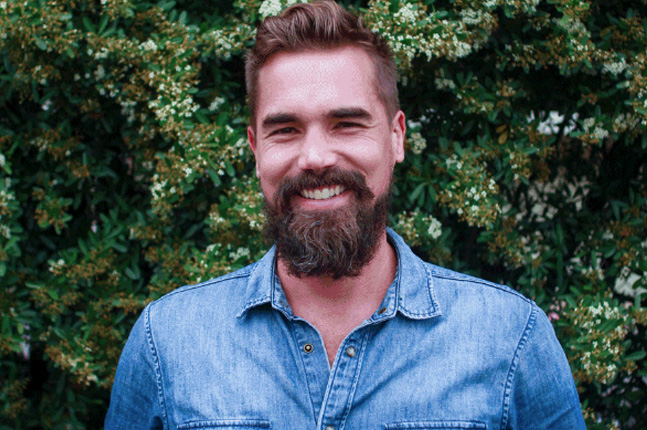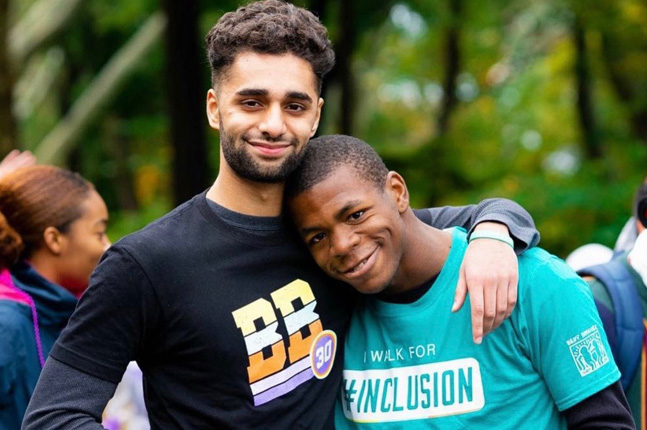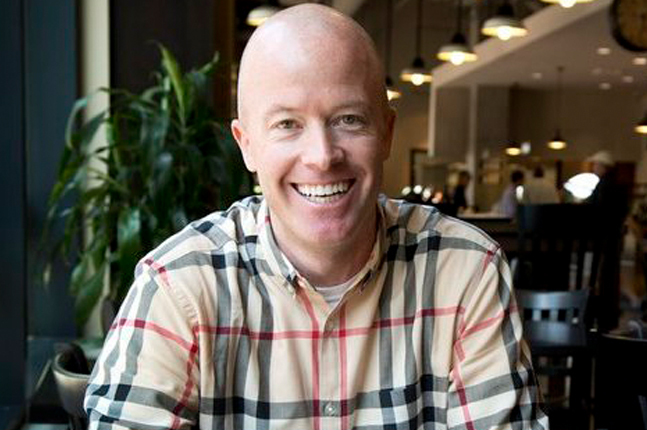As seen on Forbes.com
Ubuntu Made from Kenya is betting on business and tech, not charity.
Zane Wilemon describes himself as the “white guy from Texas who bought himself a one-way ticket to Kenya” in search of something bigger than himself. He spent the next 15 years, building a friendship and a business with a Kenyan minister, Jeremiah Kuria, in Maai Mahiu, a small town on the outskirts of Nairobi.
Their friendship helped give rise to a cafe, an organic farm, free clinics and medical testing, a school for special needs kids, and a sustainable accessories line.
This summer, they’re re-launching themselves in a new light. Undergoing a rebranding process: the non-profit which was once called CTC International is now Ubuntu Life, and the accessories line, Ubuntu Made. Their wares includes bags, clutches, iPhone covers, bandanas, bangles, and keychains. Plus, wine bottle carriers (which cheekily read, “Save the Wino”) and mug holders are sold at 450 Whole Foods stores in the country. Silicon Valley-based Zazzle, a marketplace for handmade items, partnered with the African non-profit to introduce their new line of iPhone covers, bags, and keychains on August 15th. Ubuntu provides the locally-sourced leather; Zazzle can customize it with images and text, etched directly onto the leather.
Set up as a non-profit, Ubuntu generates 60 percent of its funds from its social businesses and 40 percent from donations. Wilemon says that after years of doing charitable work, he’s come to realize that social businesses have to be the basis of a non-profit.
Before being CTC, the duo ran a non-profit, taking care of a children in an orphanage. In 2007, to support the school, they shifted away from donations to employing moms of the children to make some items for sale. That’s when Wilemon says he saw a “180-degree shift.” Even though they launched the product line at the height of the recession, he says he was sold on the social business model.
Recently, he gave staff members at Ubuntu a copy of Yvon Chouinard’s book, Let My People Go Surfing. That’s what he wants to build: a responsible company. The fundraising cycle is exhausting, he admits, and is thus considering transitioning to a for-profit model, which would have a non-profit arm.
After having collaborated with brands such as Whole Foods and American Eagle, Wilemon says that job creation is much more appetizing to the community than donations. “People want opportunity. In the West, we’re told that we can do anything, be anything. That doesn’t really exist there in these small villages. Those opportunities are lacking. They want to earn it on their own,” he says in a phone interview from his Austin office.
For instance, American Eagle asked Ubuntu to produce bracelets and dog collars. At first, he says, they wanted to give them away with each purchase. But Wilemon requested if they could actually sell them instead. Almost 400 members of the Maasai tribe made over 20,000 bracelets and dog collars, which were sold in AE’s retail outlets.
“It was wild. They sat under acacia trees and made them. It was the opposite of factory style manufacturing. There is no address available on where these bracelets were made. Just a general geography,” he recalls.
Beyond the Maasai, Ubuntu works with 2 different artisan groups: a primarily women’s group which produces the canvas tote bags and a cohort of 10 men who are responsible for their leather items.
Beyond artisan-made products, the nonprofit also runs a local cafe and organic farm — again, all for profit to support the nonprofit. In 2013, Ubuntu opened the cafe through their collaboration with Whole Foods and the grocer’s private label coffee, Allegro. “We built a coffee culture that didn’t exist here before,” says Wilemon. “This is coffee that’s planted by Kenyans, harvested by Kenyans, roasted by Kenyans, brewed by Kenyans, and served for Kenyans.”
Whole Foods donated baking equipment, espresso machines, and kitchenware to get the cafe going. Ubuntu provided the human labor and training. Wilemon says that the cafe and the farm (which grows organic veg that’s served at the cafe) has impacted nearly 400 locals, from baristas to gardeners to suppliers.
All of these different revenue streams yield about $500,000 annually in gross revenue. The non-profit’s yearly budget is $1.7 million. Wilemon says they can close that gap by turning Ubuntu into a full-fledged lifestyle brand, which would decrease their dependency on over time.





